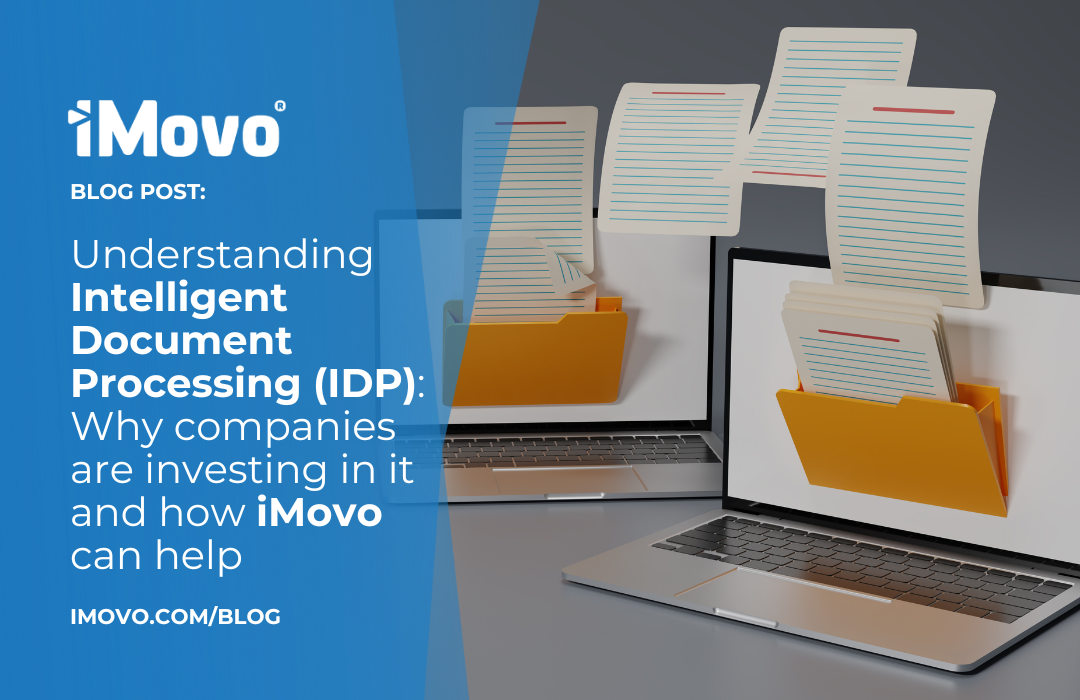Video killed the radio star, or so the song used to go. Now, with digital transformation, the general sentiment seems to be that software can substitute soft skills. But it really isn’t an either/or situation. The rapid rise of artificial intelligence and other data-driven technologies actually increases the need for a people-driven business—and a digital transformation strategy can only be successful if it’s tailored to your company.
It all starts with the right mindset
Digital transformation isn’t an instant, one-fits-all solution. In fact, referring to it as a solution is misleading. Think of it as a mindset. It is the way in which a company adapts to developing technological trends and changing market demands by refreshing its customer service processes. The focus, though, is on the attitudes and behaviours of the workforce. Fuelled by a digital mindset, a business is better able to see how data, algorithms and AI present opportunities for augmenting work and honing its competitive edge. Intelligence technology is about working smarter, not harder—but it has to be integrated wisely.
Training to transform
With the move to digital, acquiring new skills is key. Take a moment to consider your workforce: where do each employee’s strengths lie? Where do they excel? And just as importantly, yet often overlooked, what sort of tasks excite them? Tailoring your training is essential if your company’s digital transformation is going to achieve its objectives. It is also important to think about how your workforce will make use of new tools and how those tools will in turn support and enhance their performance. As Harvard Business Review has noted, upskilling is one thing; putting acquired knowledge into practice is another. People need to be motivated to use their skills. They have to have the right mindset—a digital mindset, specifically.
Happy workers make happy clients
Digital transformation is more about people than about technology. Your goal should be to integrate data-driven technologies into your current business processes, seeing how they could better workflow. That means making it work with the individuals who make up your company. People are not robots. They need to feel energised by their work if they are going to give it their all. So leave the repetitive jobs to the machines. This is where digital transformation can really make a difference: by automating the tedious tasks and prosaic processes, your employees will be able to focus on the work that really inspires them. Motivated workers make a mindful and memorable company. Incorporating training into your corporate culture will encourage the team to see learning as a continuous process, and one that empowers them.

What can digital transformation do for you?
The short answer is “a lot”. A common misconception about the move to digital is that companies are losing touch with their human side. Granted, that may be true of a few. But as Forbes has argued, making the most of new technologies means putting people at the heart of your business, both externally and internally. Learning where customer and employee experience can be improved will help you to work more efficiently and effectively. Remove redundant activities and automate where possible. Take the chatbot, for instance: leave the simple questions to the machine and connect the more complex ones or lengthier conversations to a team member. Again, automating the repetitive tasks helps to energise the workforce, ultimately empowering the company as a whole. It will allow the team to dedicate more time to nurturing relationships with clients. Speaking of which, digital transformation could boost your targeting and personalisation practices, too.
The takeaway: the human side is irreplaceable
Digital transformation can work wonders when it comes to streamlining your workflow, refining and revamping customer service and experience, and adapting to an ever-changing and ever-more competitive market. In the face of increasing expectations for superior service, it has also become necessary. Putting people first is paramount. Help your employees upskill and encourage them to use their acquired knowledge on tasks that matter to them and the company as a whole. Prioritise customer relationships and harness technological advancements to properly (not superficially) optimise the customer experience. In sum, carpe digital—but do it with, and for, your people.
If you would like to plan your digital transformation strategy, contact us. Together we will plan your strategy for success.



